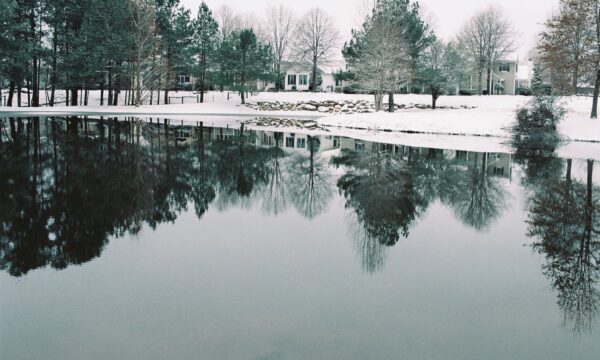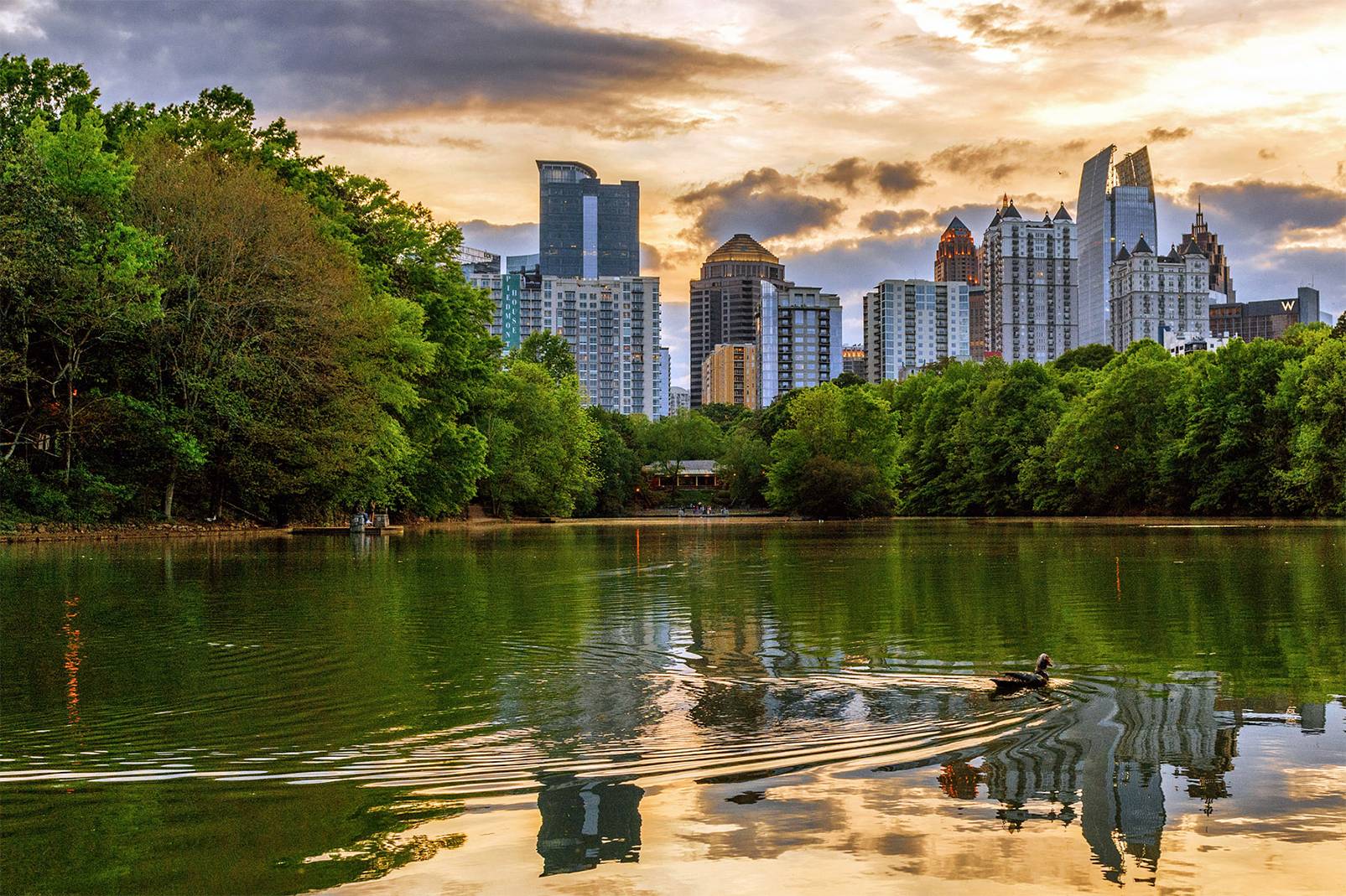
As winter sets in, many pond owners wonder if algae and pond weeds survive the cold months. In this article, Aquatic Restoration highlights the reasons why algae and pond weeds die in the winter and how to prevent pond weeds.
In winter, the days are much shorter, and the angle of sunlight is lower, resulting in less exposure for the pond's surface. This significant reduction in sunlight limits the process of photosynthesis, which is essential for algae and pond weeds to generate the energy they need to grow and thrive.
As temperatures drop during the colder months, the water in ponds becomes much cooler. This slows down the metabolic activity of algae and pond weeds, making it more difficult for them to absorb nutrients and reproduce. In extreme cases, freezing can halt their growth altogether.
With fewer biological processes taking place during winter, the availability of nutrients in the water declines. Algae and pond weeds rely on essential nutrients like nitrogen and phosphorus to survive. When these nutrients become scarce, it hampers their ability to grow, and over time, the plants begin to die off.
In colder months, the oxygen levels in the water decrease. As pond plants like algae and weeds stop growing or die off, they contribute to the decay of organic matter. This decomposition process consumes oxygen, further depleting the levels in the water and making it harder for remaining plant life to survive.

One effective way to control pond weeds is through manual removal. This involves physically pulling out the weeds from the roots. While time-consuming, it can be highly effective in small ponds. Regularly removing the weeds prevents them from spreading and keeps the pond water clean and clear.
Mechanical control uses tools or machinery, such as pond weed harvesters or cutters, to remove or trim excess vegetation. This method is suitable for larger ponds and can be more efficient than manual removal.
Chemical control involves the use of herbicides designed specifically for pond weed management. These chemicals target and kill unwanted plants, often with minimal effect on other aquatic life. It’s essential to use these products cautiously and follow manufacturer guidelines to prevent harm to the pond's ecosystem and water quality.
Natural dyes, such as those derived from plants or minerals, can be used to reduce sunlight penetration in ponds. They block sunlight, thereby limiting photosynthesis of pond weeds, which in turn slows their growth.
If you need help with pond weed removal, reach out to a professional company offering pond management services in Marietta, GA .
Designing your pond with the right shape, depth, and water flow can reduce the chances of weed growth. Adequate water circulation discourages the conditions that allow weeds to take root and proliferate.
Excess nutrients like nitrogen and phosphorus encourage the growth of pond weeds. To prevent this, avoid over-fertilizing nearby plants and ensure runoff from surrounding areas is minimal. Installing a proper filtration system can also help remove excess nutrients.
Introducing natural predators or competitors into the pond ecosystem can help control weed growth. Fish species such as grass carp eat aquatic plants, while beneficial bacteria can break down organic matter and reduce nutrient levels. This biological approach helps maintain a healthy balance without the need for chemicals.
Do you need professional pond management? Call Aquatic Restoration today.
Lake management is an integral part of keeping your lake in peak condition. It involves activities such as lake…
There are many incredible benefits that come with restoring natural lake depth. Not only does it improve water quality…
When it comes to maintaining healthy water bodies, there are two primary methods that are often used: dredging and pond…
There’s peace of mind in knowing you have a reliable detention pond on your property. These man-made ponds temporarily hold…
Owning waterfront property is a dream come true for many people. Everything from the stunning views to a relaxing lifestyle…